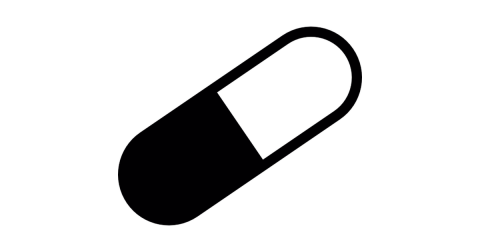
Getting Medicare costs under control is a full-time job. But some proposed cost-cutting measures could end up doing more harm than good.
Take the legislation introduced in the House and Senate by Representative Lloyd Doggett (D-TX) and Senator Sherrod Brown (D-OH), respectively. Their "Medicare Negotiation and Competitive Licensing Act" is designed to reduce costs by altering the financing structure of Medicare Part D, the prescription drug benefit for seniors.
Under their proposal, the federal government would negotiate prices directly with drug makers. The idea is that the government can get a better deal than private payers.
Unfortunately, even the government's own bean-counters don't think there's any savings to be realized this way. And the unintended consequences of the Doggett-Brown proposal are even worse: Limiting therapeutic choices for seniors and gutting incentives for investors and researchers to develop the next generation of groundbreaking cures.
Under the current structure of Medicare Part D, private-sector insurers negotiate directly with drug makers on the price of their products for inclusion in insurance plans. Insurers pass these discounts on in the form of lower premiums.
By law, the government currently has to stay out of the price negotiations between insurers and drugmakers. The first thing the Doggett-Brown legislation does is lift this restriction, known as the "non-interference clause."
But there's a problem here. According to the Congressional Budget Office, the government is unlikely to get better prices from drug makers than insurers are currently obtaining. Insurance companies already have an incentive to drive hard bargains, and drug makers go along within the constraints of maintaining the viability of their businesses.
The Doggett-Brown proposal would also enable government regulators to seize the patent rights of innovative drug companies and give them to generics manufacturers.
Doggett and Brown are calling this theft "competitive licensing." That's a clever play on a mechanism that's sometimes used in developing nations when a public health emergency creates the need for the mass production of a particular medicine. When a compulsory license is invoked, a government can allow generic drug firms to fill a medicine shortage if an innovative drug company can't produce enough to meet public needs.
The proposed legislation would allow the U.S. government to seize patent rights whenever officials at Health and Human Services determine that a drug costs too much.
Circumventing intellectual property protections discourages innovation. It costs approximately $2.6 billion and takes up to 15 years to shepherd just one new drug through the research and development pipeline.
Companies need a chance to make a return on such massive investments. Patents, which give drug innovators sole ownership of a medicine for a set period of time, offer that assurance. No competitor can create, market, or profit from that medication until the patent expires. This period of exclusivity allows research drug companies to recoup their huge investments.
U.S. drug firms would no longer be able to afford this groundbreaking research under the terms of the Doggett-Brown bill. Because of this, patients may never benefit from the next breakthrough cancer therapy or the long-sought cure for Alzheimer's. That's why the Medicare Negotiation and Competitive Licensing Act is an offer Congress must refuse.
Peter J. Pitts, a former Food and Drug Administration associate commissioner, is president of the Center for Medicine in the Public Interest.